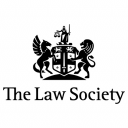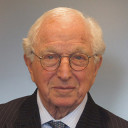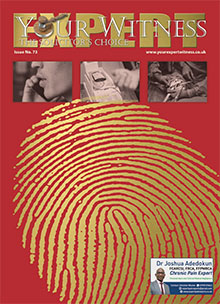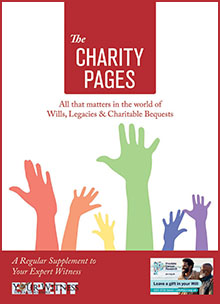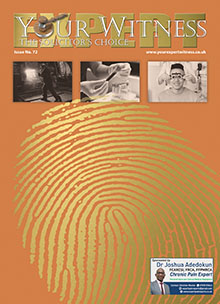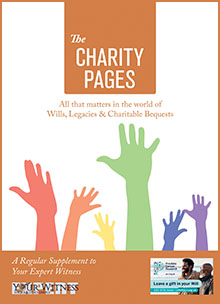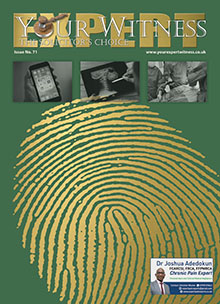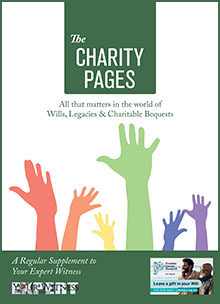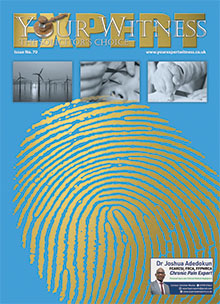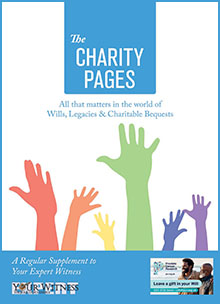EXPERTS HAVE been in the news recently, with high-profile cases where the competence and independence of experts has been brought into question. How can we, as solicitors, ensure that the experts we use are competent?
Historically, experts were not trained in how to be an expert witness.
It was sufficient that they had the requisite training and experience in their chosen profession.
Solicitors had to take their pick from a limited pool of experts, often relying on ones they had used in previous cases or those seen giving evidence (but unfortunately instructed by the other side in the case) or taking the recommendations of colleagues. The experts, however, were untrained in legal report writing or in how to deal with cross-examination.
Trial and error The format of their reports was developed ad hoc over time and their ability in the witness box was by trial and error. If they got further instructions, they felt they must have been doing something right.
The use of experts, though, has mushroomed, eventually being called the ‘expert witness industry’ by Lord Woolf in his report, Access to Justice. He recommended that training was needed.
The legal profession now accepts that an expert witness does need training in report writing skills and court skills.
This ensures that reports are court-compliant and includes the elements now required by the Civil Procedure Rules. Various practice directions, protocols and training help to avoid the terrible sight of experts shifting their opinions in the witness box from that cogently expressed in the conference with counsel.
Solicitors need two things from their experts: the right professional qualifications and experience, and a knowledge (and preferably experience) of the legal system. This knowledge of how to be an expert witness helps to avoid ‘cowboys’ and ‘hired guns’; it hopefully gets the right person for the right job, providing reports that are compliant with the law and that do not need rewrites at the request of the solicitor.
Experts should know how to stand up to cross-examination and, being more reliable, provide a better impression for the client.
Finding the expert Training can also assist in the selection of the expert, as training in being an expert witness is now listed in the main directories. Finding an expert has always been a problem for solicitors.
Now that training is an established feature of the expert world, undoubtedly improving standards, the question is now being asked: should experts be accredited? This raises a further question: does accreditation mean the expert has some sort of official recognition or that the expert has met a standard? The current situation is very much free market, caveat emptor, with no independent scrutiny of experts’ abilities as experts and in effect secret accreditation by individual solicitors or firms. Experts who do well stay in the little black book and those that do not are summarily removed.
There are already several directories of experts that range from, in effect, glorified Yellow Pages, to directories requiring solicitors’ references and the submission of CVs.
The selection is basically left to the lawyers. The fact that an expert has attended a training course may not now be sufficient.
Solicitors need to know that the expert has put into practice what they have been taught.
There are many questions to ask about accreditation by some sort of official recognition, especially how much would it cost and who would conduct the accreditation procedure?
Also, who would set up the system for granting and refusing accreditation, how would the accreditations given be kept up to date as experts increase their qualifications and experience, what would it add to the system, who is excluded, would there be an appeal procedure against rejection and can experts be deaccredited?
Should the accreditation fees be allowable in taxation? Would this narrow the pool of experts? Would experts be bothered?
The Home Office has set up the Council for the Registration of Forensic Practitioners. The CRFP is a professional regulatory body. It is a non-profit making company limited by guarantee, independent of the Government but funded, initially, by grant from the Home Office until it can become financially self-sufficient.



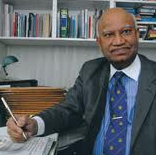 “Speculate before you accumulate. I am a long term regular writer and advertiser in 'Your Expert Witness - the Solicitor’s Choice'. This investment pays me substantive dividends; I get more Expert Witness work with every issue. Not only solicitors and barristers but also judges seem to read it. It is a win-win situation. Success breeds success; I must continue to write and advertise.”
“Speculate before you accumulate. I am a long term regular writer and advertiser in 'Your Expert Witness - the Solicitor’s Choice'. This investment pays me substantive dividends; I get more Expert Witness work with every issue. Not only solicitors and barristers but also judges seem to read it. It is a win-win situation. Success breeds success; I must continue to write and advertise.”









